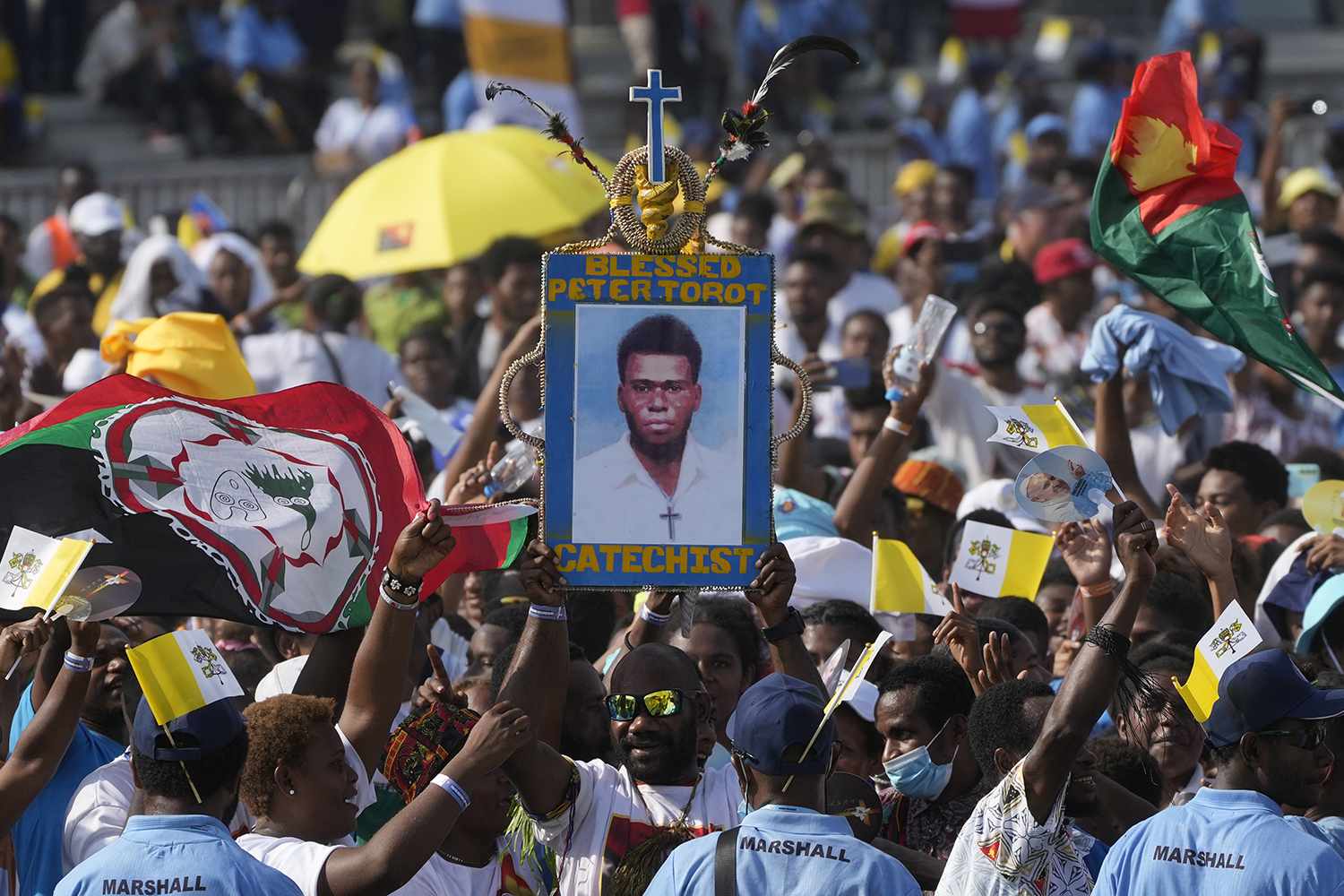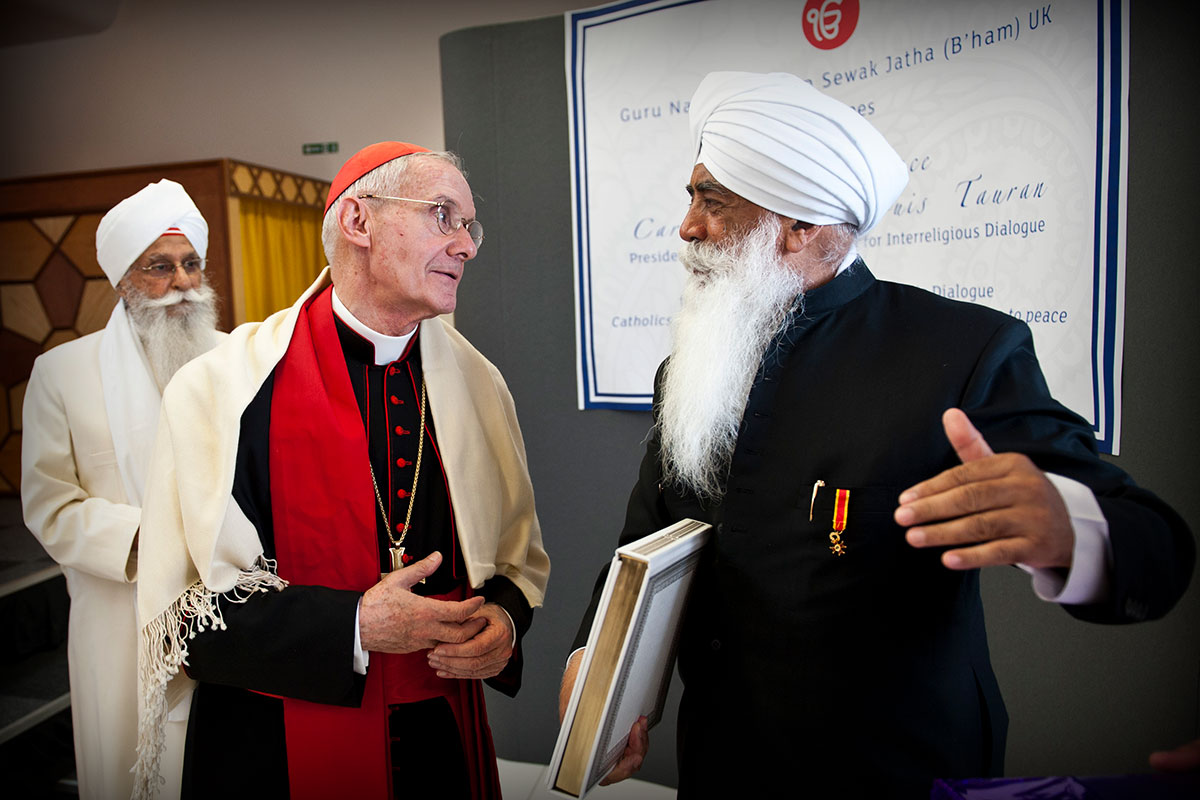Joaquim Magalhaes de Castro
Regarding the calamitous situation in Myanmar today, O Clarim heard what a young Bayingyi, a Portuguese-descendant Catholic currently studying in Macau, had to say. He has a name and a face, but he does not dare share them in the pages of a newspaper for fear of reprisals that his family might suffer. From the village where he was born, in the Sagaing region, “known for the artisanal manufacture of silver filigree,” and where until a few months ago 1,300 people lived, less than half of the houses remain. Everything else is a pile of rubble.
Do you keep in touch with your fellow Bayingyis? What is the current situation?
For a year now it has been very difficult to maintain regular contact with friends and family. There have always been network problems and phone connections are often difficult to make from outside. To make matters worse, since August we have been without internet access, cut off by the military. My countrymen and those in neighboring villages have been in constant turmoil since the beginning of the year when a group of soldiers arrived and looted at will. Since then they have returned with frightening frequency, forcing people to flee to safer places. On the 12th of January, they killed three innocent people. With free rein, these soldiers even “visit” my village two or three times a month and, in addition to the private houses, they also vandalized the church and the convent of the nuns. On June 7th, 122 houses were burned, including my family’s. More than half of my countrymen are refugees in the parishes of the diocese. My two younger brothers left for the north of the country, where our relatives live. My mother remains in the village with my grandmother, who refuses to leave the place where she has always lived. I am very worried as I have no way of communicating with them.
Can you tell me about your origins and village life as a child?
We all have a great devotion to Saint Anthony and to Our Lady of Fátima. Unfortunately, my father passed away a year after I arrived in Macau. My childhood was no different from that of any other child in these villages spread across an immense valley, bounded by the Mu and Chindwin rivers. For our livelihood, we grow not only lupine, sorghum, peanuts, but also maize and broad beans. What distinguishes us from Buddhist peasants is the fact that we raise pigs, chickens and cattle, and trade in their meat.
What does it mean to be Bayingyi? Do you know the history of your ancestors?
From a very young age I was aware of our physical differences. Later, when I learned about my Portuguese roots, thanks to conversations with the family, of course I felt proud. Especially because being Bayingyi not only represents direct descent from the Portuguese but also, and above all, it represents being Catholic. The Catholic Church in Myanmar emerged with the Bayingyis. It blossomed with them and has continued to this day.
How does it feel to be Catholic in a Buddhist country?
Honestly, we don’t feel any difference because we are Catholics despite the vast majority of people around us practicing Buddhism. We all assert ourselves as citizens of Myanmar. We respect our differences, learning from each other. We live in harmony, you might say. There are always some fanatics who consider us foreigners, even though we are fully part of the local society, Catholicism being the main characteristic that distinguishes us. The figure of the priest is highly respected as he has always been the privileged interlocutor in solving problems between the population and the established power.
When and why did you come to Macau? Was it difficult to get here?
I am a Dominican, and I came to Macau in 2019 to do the necessary studies to become a priest. If I hadn’t joined the Dominican Order, it would have been very difficult to get where I am.
Tell us a little about your life in Macau. Do you feel at home or do you face many cultural differences?
These last three years have been a very enriching and challeging experience. However, due to what is happening in my country, I run the risk of not being able to continue my studies. As for the cultural differences you mention, I don’t feel them. It’s like I’m at home. However, my personal discovery of Portuguese culture, still very much alive in Macau, makes me feel privileged. Macau is a unique city in Asia.
Do you have contact with the local Portuguese community? If yes, do they know that you are of Portuguese descent?
To be honest, so far I haven’t had any contact. Only one of my teachers, who is Portuguese, knows that I am Bayingyi.
What is the current situation in Myanmar? Do you think the military will stay in power much longer?
The situation is quite serious. People have lost their freedom, and there is no security in the country. It is dangerous to travel; at any time a conflict can erupt. And there are a lot of people with guns… It’s difficult to guarantee a daily livelihood, children cannot go to school and the future of young people is increasingly uncertain. There are those who make an effort to change the situation, and there is no shortage of those who are ready to give their lives for democracy. But that’s not enough. We urgently need the support of the international community. Only then can we regain our freedom.
(Photo credit: Joaquim Magalhães de Castro)


 Follow
Follow


